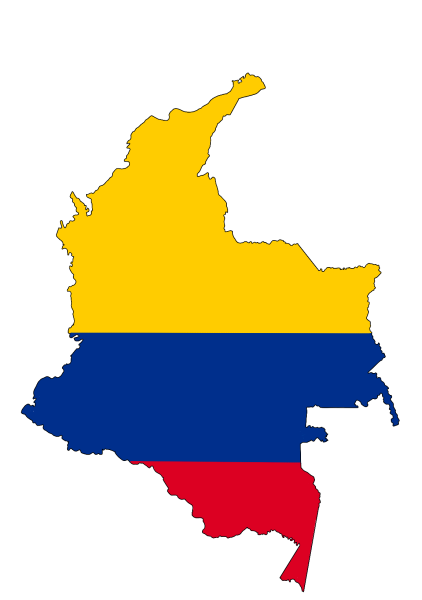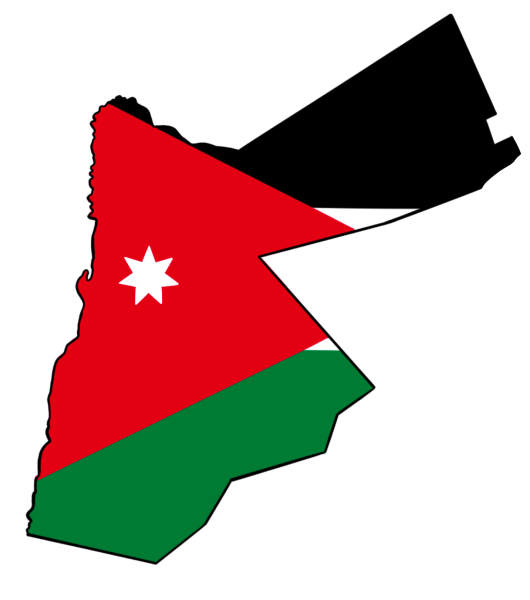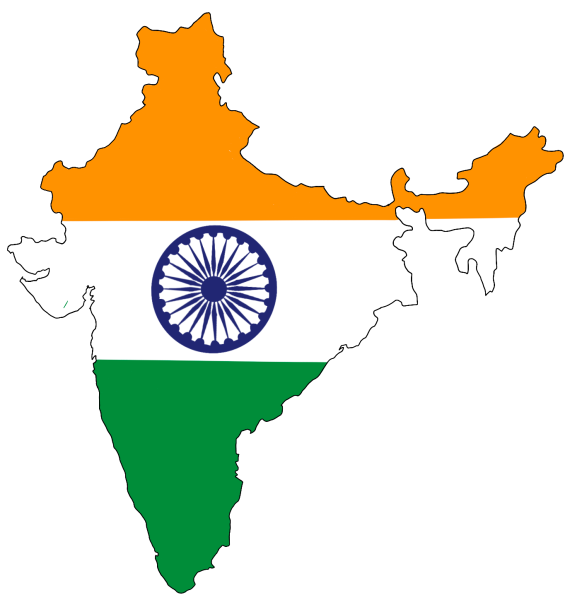
Colombia: Thousands of people from Colombia took to the streets to protest the current leftist President Gustavo Petro and his reforms. According to Reuters, the protests have been happening since 2022 when Petro was elected, but recently became widespread due to his comments about rewriting the constitution. This came after Congress struck down Petro’s plan to expand medical insurance. In response to Petros’ attempt at passing these laws, over 70,000 Colombians braved the rain and gathered in Bogota on April 21. They marched to Bolivar Square near the presidential palace, screaming “Out with Petro” and waving the Colombian flag, according to news organization France 24.

Jordan: Iran shot hundreds of missiles and drones at Israel on April 13. The Royal Jordanian Air Force immediately responded by shooting down the barrage, which the Air Force said crossed into their air space. The Pro-Palestine rallies have only increased since the missile strike, with thousands of people all over the country protesting. Jordan’s support of Israel, according to TV news organization Deutsche Welle. One of the biggest protests happened just a mile from the Israeli Embassy in Amman, according to online news agency Reuters. Thousands of people gathered daily to demand the 30-year-old Israel-Jordan peace treaty be terminated and for Jordan to sever diplomatic relations with Israel.

Kazakhstan: On March 8, International Women’s Day, there were marches all across Kazakhstan to fight for women’s rights. These marches were organized by groups like the United Women Foundation, the Democratic Choice of Kazakhstan, and the youth movement Oyan Kazakhstan. After a month of protests, a new law to protect women’s rights was passed on April 14. This law, known as the domestic abuse law, is a victory for human rights in the country. The law illegalizes domestic abuse, which previously was not a prosecutable offense. According to the Human Rights Watch, an investigative journalism platform, in 2023 police received 99,026 complaints related to family violence.

India: On March 11 the Citizenship Amendment Act was instated by India’s Prime Minister Narendra Modi. This act helps fast track the process for illegal immigrants fleeing religious persecution to attain citizenship. But because of the excluded countries it doesn’t apply to Muslim immigrants. There has been a reemergence of protests as political rivals of Modi have been criticizing his anti-Muslim policies. One such protest was at New Delhi’s Jamia Millia University. Activist groups accused Modi of attacking civil liberties and cracking down on civil protests. According to Reuters the last time this law was proposed the resulting protests and the police crackdown that followed killed at least 76 people.